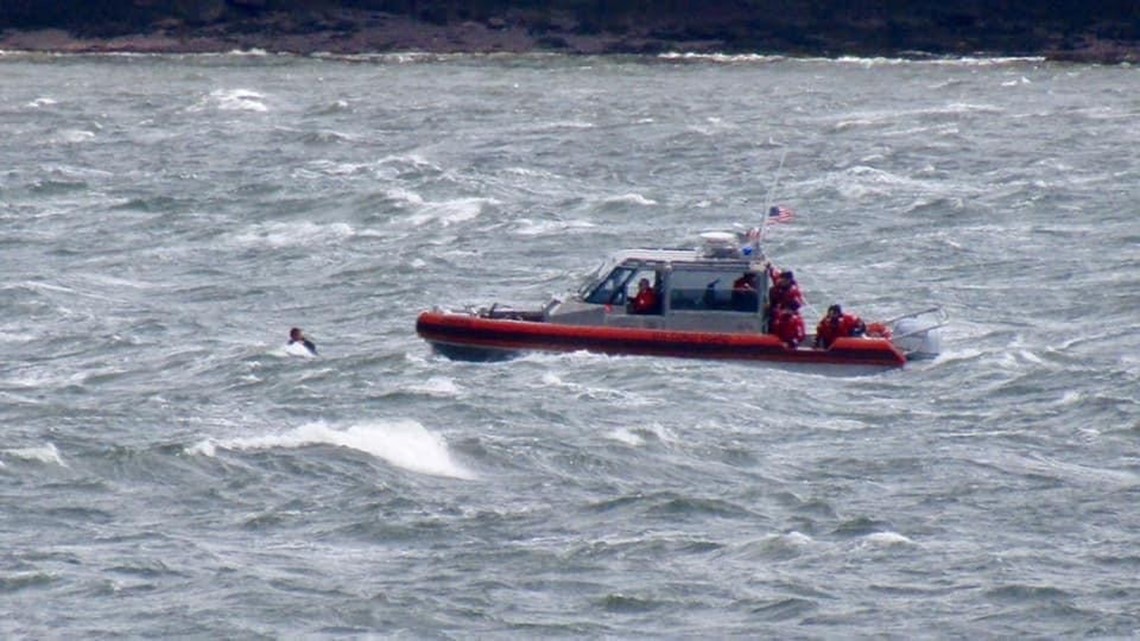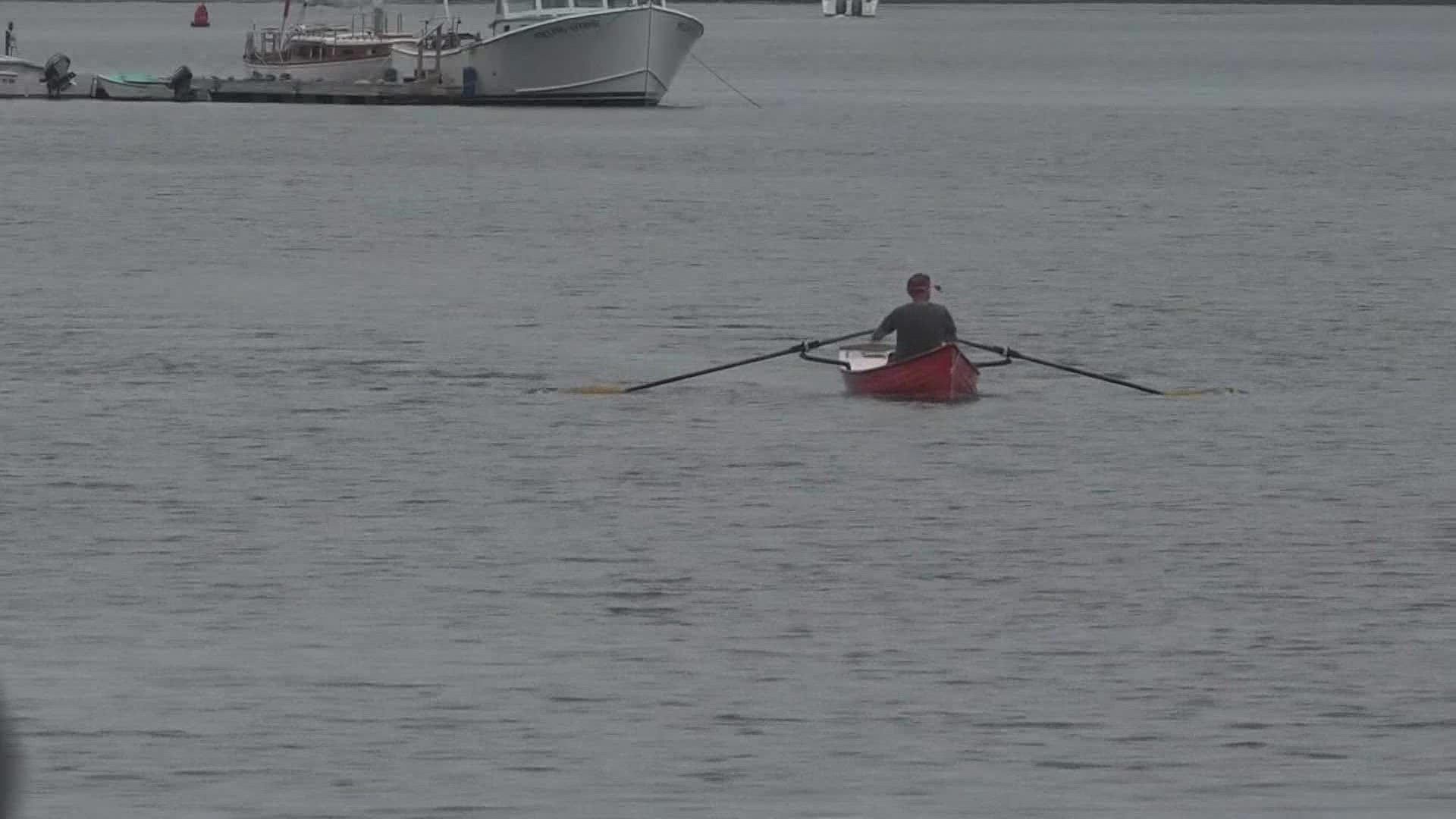MAINE, Maine — The U.S. Coast Guard is reminding Mainers of the dangerously cold water temperatures as spring rolls along. During the first week of April, the Coast Guard was called to help with two different rescues, one in Eastport and another in Orrington, resulting in a fatality.
“Fortunately, this case [Eastport] ended with a positive outcome due to the quick and decisive actions of the U.S. Coast Guard Station Eastport crew and the Calais Fire Department. However, it serves as a stark reminder of the importance of cold water safety and how rapidly wind and seas can create treacherous conditions on the water,” Commander LuAnn Kehlenbach, response department head and search and rescue mission coordinator for Coast Guard Sector Northern New England, said.
The Coast Guard wants to encourage mariners to review the following cold water safety measures published by the National Safe Boating Council:
- Make sure everyone is wearing a life jacket (even experienced swimmers will experience shock within one minute in the frigid water and lose muscle control within 10 minutes.)
- Share with someone you trust all the details of your trip before you leave the shore. This is your float plan.
- Dress properly for the weather, always wear layers, and bring an extra set of clothes in case you get wet. Remember, dress for the water temperature, not the air temperature.
- Use your navigation lights to alert other boaters of your presence in dark and/or foggy conditions.
- Catch your breath. A sudden, unexpected fall into cold water causes an involuntary gasp (or torso) reflex. It takes less than one-half cup of water in your lungs to drown. If you remain calm, you have a greater chance of self-rescue.
- Don’t panic if you fall into the water. Stay afloat with the help of your life jacket.
- Don’t apply heat to extremities like arms and legs of a rescued victim. This sudden change in temperature could cause cardiac arrest.
According to the National Safe Boating Council, these are the stages of cold-water immersion:
- Cold shock: You have one minute to adjust to the cold shock response – don’t panic.
- Swimming failure: You have 10 minutes of meaningful movement to get help and get out of the water.
- Hypothermia: You have about one hour before you become unconscious from hypothermia.
- Post-rescue collapse: You “give up” and collapse after or right at the time of rescue.
For additional resources, click here.



